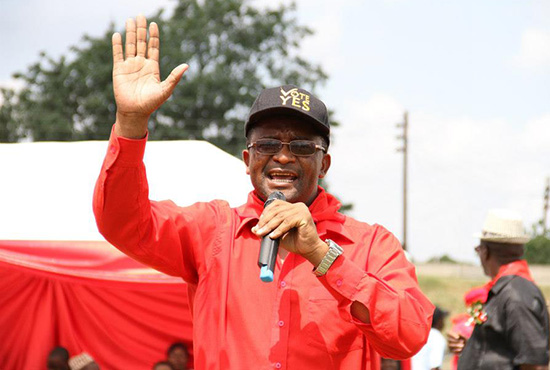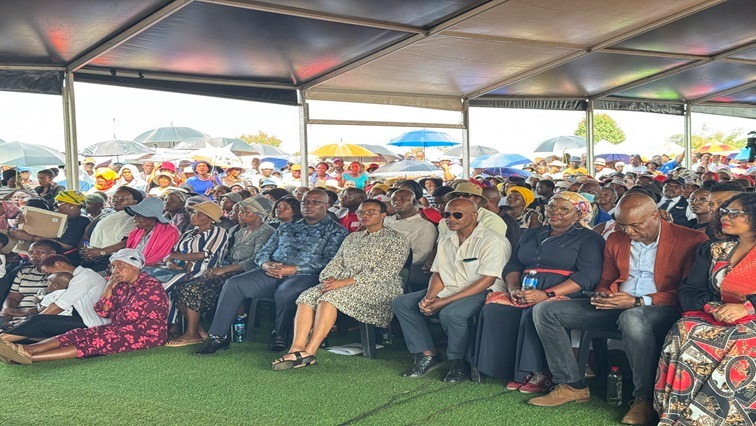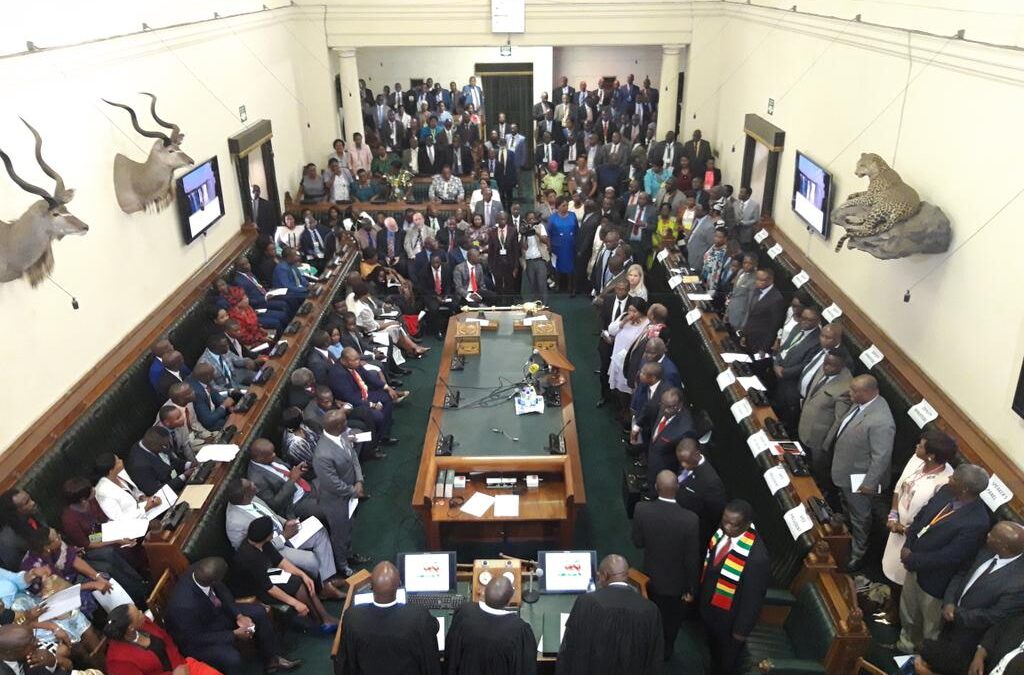- Systemic racism affects job opportunity, pay, health and democracy.
- Four campaigners from around the world met online to seek solutions.
‘Systemic racism’. ‘Unconscious bias’. How can we recognise the more insidious forms of racism and counter their very real impact on the employment chances, pay, health and political engagement of ethnic minorities?
Cheryl Dorsey, president of US-based Echoing Green, which supports emerging social entrepreneurs, gave some examples.
“If you look at the last presidential election in the United States, African Americans waited in line 23 minutes before they could vote, on average, whereas white Americans waited in line 12 minutes. That’s an example of systemic racism.”
On healthcare, Dorsey said when she trained as a doctor in inner-city Boston, black babies were three times as likely to die as white babies.
“One of the challenges with pay equity is it’s ‘equal pay for equal work’, but we don’t always look at inequitable distribution of the types of jobs people have,” Williams said.
“So you can have pay equity, but if all of your software engineers come from one particular demographic and all of your admins come from another demographic, you are going to pay them equal for the same work but what you see is that there’s [still] disparities.
“So sometimes what we think of as a ‘pay equity’ challenge is actually a ‘diversity’ challenge.”
Systemic racism is so entrenched that even computers are guilty of it, Williams said, citing big companies’ widespread use by of algorithms to pre-select job applicants.
“The way that these algorithms are trained is on the successful resumes that you have had before. So you can see if you have a biased data set such as you have only been hiring white men for a certain role, your algorithm has learned that white men are the prototype for that role … You have adjust your algorithm and you have to adjust the data set needed.”
Chairing the discussion, Euronews journalist Isabelle Kumar, gave an example of unconscious bias – when people don’t realise they are being racist – citing research on football commentating in Britain:
“White males are 60% more likely to be described as ‘intelligent’, ‘clever’ in terms of their tactics, but black football players – there’s a much higher proportion who are described as being ‘powerful’. This issue of unconscious bias really underlines our blindspots.”
Thando Hopa, a black woman from South Africa who has albinism, has succeeded as a model despite the double-racism she has encountered.

“People with albinism is general in the world experience racial discrimination despite their race, but then race, being black, can be a compounding effect,” she said.
Lysa John Berna, Secretary-General of Civicus, an organisation that works to strengthen civil society around the world, struck a note of optimism, saying popular protests over climate change, women’s rights and black lives in recent years showed there was a “generation of change”.
“It is an age of activism,” she said. “The generation that the future belongs to isn’t feeling dis-empowered, they don’t think somebody else is going to come and solve their problems, they really want to co-design and be part of the solutions.
“Every single person, no matter where they are, has the ability and the agency to call for change and do something about it. For me that really is the sign that we cannot fail because our failure is only determined by the barriers we impose on ourselves”





0 Comments